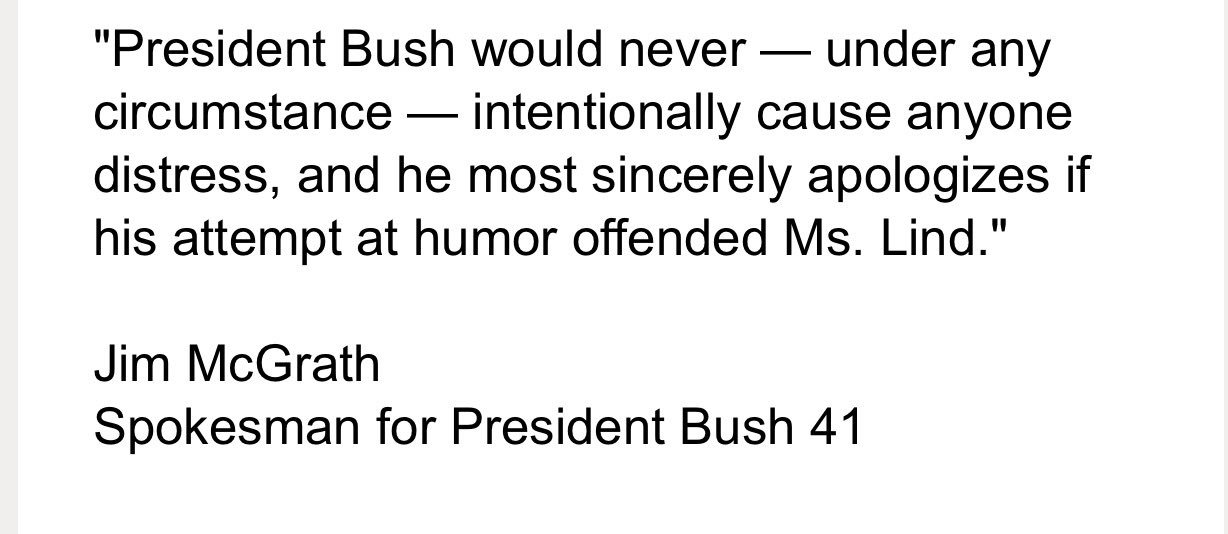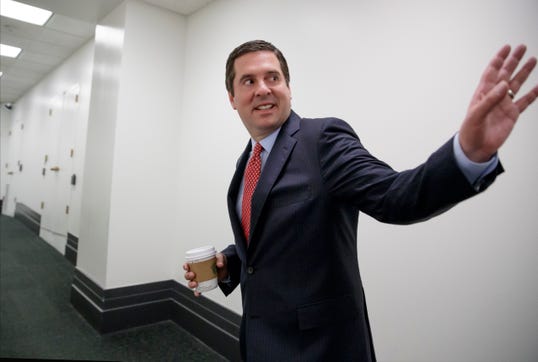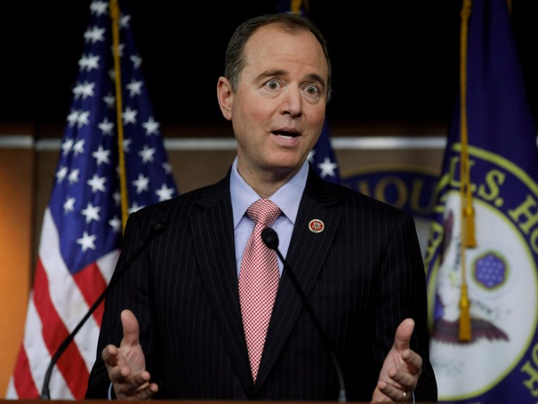- 24,924
- 23,211
- Joined
- Feb 25, 2010
Ben Carson uses cough syrup instead of milk in his cereal.
Always slowed up.
Always slowed up.
Follow along with the video below to see how to install our site as a web app on your home screen.

Note: this_feature_currently_requires_accessing_site_using_safari
So ninja doesn't talk all this Republican nonsense on his twitter page? Typical...

Is this going to be another instance where you failed to comprehend what was written in the article you're posting?


 ,fully expecting the manbaby to try to 'fire' Mueller after their current strategy crashes and burns
,fully expecting the manbaby to try to 'fire' Mueller after their current strategy crashes and burns



 The jokes write themselves.
The jokes write themselves.The talking points will be that the dossier is the only reason for the special counsel, so since the dossier is Clinton funded FAKE NEWS! Then there is no need to waste time.I see their play here is to try to somehow shut down Muellers probe by hammering home info that was widely available for months...heh
Dudes are getting real nervous,fully expecting the manbaby to try to 'fire' Mueller after their current strategy crashes and burns
What kinda apology is "He didn't harass her............on purpose, and he's sorry"

 Senior's *** is too old to be out here acting like that.
Senior's *** is too old to be out here acting like that.I don't think that's how science works
The talking points will be that the dossier is the only reason for the special counsel, so since the dossier is Clinton funded FAKE NEWS! Then there is no need to waste time.


